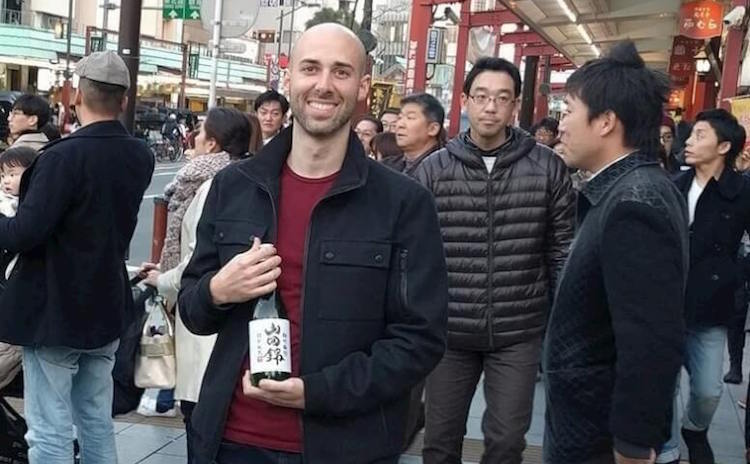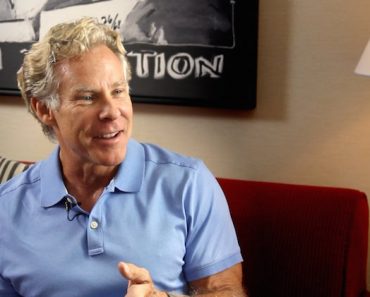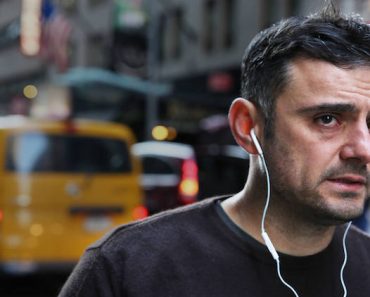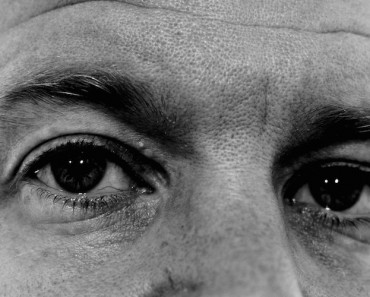Stephen Guise is the author of Mini Habits and the founder of Deep Existence, the former name of his titular website. He’s all about sharing strategies that can bring about real solutions for sustained life changes. Instead of focusing on the elusive idea of motivation, he wants to give people concrete solutions for taking action.
His philosophy centers on living smart and strategically, using logic to balance our emotions for a life full of health and well-being.
Is a resume—and a degree?—less important than people think?
For me they have been, but for others they could be very important. Many jobs are unattainable without a degree. Personally, I despise the whole job system of resumes, degrees, and interviews.
You do everything right and they give the job to the cousin of the CFO. Compared to networking, I would say that resumes and degrees are less important. Beyond having the necessary credentials, networking is everything. I’m terrible at it, but I write books for a living.
Why does blogging continue to be such a powerful thing to do?
Blogging is one of the best ways to express your ideas. If you have good ideas that people want to hear, your blog can become quite powerful and influential as we’ve seen with many.
When you first started writing about mini habits, had you read about the idea of kaizen, or were you drawing from your experiences with overcoming a lack of motivation?
I had not heard of kaizen until after experimenting with mini habits and coining the name. I wrote an article called the one push-up challenge the day after I did my first mini habit.
Why is starting small so effective in creating change?
Starting small is the most effective way to overcome resistance. It works better than “getting motivated” or “just doing it.” When applied over time, the consistency small steps allows turns the target behavior into a small habit, and that’s the single best foundation for change.
What new projects are you currently working on?
I’ve been researching and writing Mini Habits for Weight Loss for about a year and plan to release it in summer 2016.
As far as I know, it is the first weight loss book in the world that doesn’t use the concept of dieting (changing what you eat or how much you eat in order to lose weight). Instead, it’s a long-term solution that targets the subconscious. It’s better to eat broccoli habitually than to do it in order to get a particular result—that’s what the weight loss industry doesn’t seem to understand.
I’m anxious to see the impact it has on people who have realized that dieting doesn’t work and are looking for a better solution.







